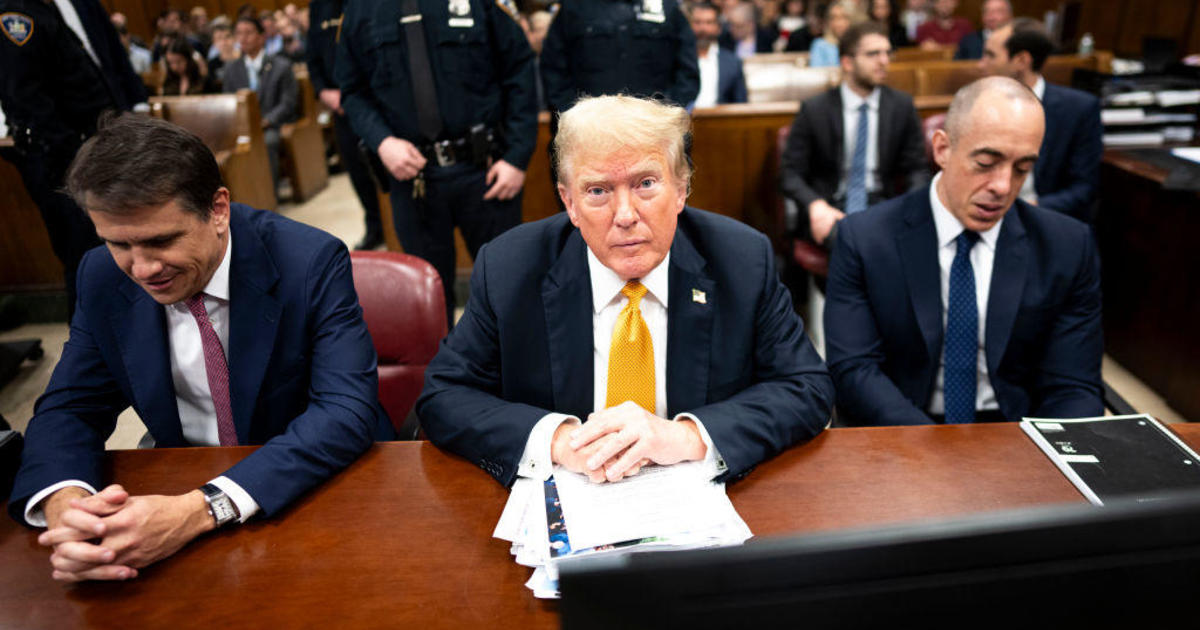The judge overseeing the criminal trial of former President Donald Trump in New York has decided to delay his sentencing hearing until September. This decision comes after a challenge was raised related to the Supreme Court’s recent ruling on presidential immunity.
Justice Juan Merchan informed both Trump’s legal team and the Manhattan prosecutors about his decision to postpone the sentencing, which was originally scheduled for July 11. This delay was prompted by letters from both sides following the Supreme Court’s ruling, which established that former presidents are granted broad immunity for official acts, and evidence related to those acts cannot be used in prosecutions for unofficial activities.
Following the release of the Supreme Court’s decision, Trump’s attorneys requested permission to file a motion to overturn the verdict in the case by July 10. Prosecutors from the Manhattan District Attorney’s office stated that they did not oppose delaying the sentencing until the issue is resolved and requested a deadline of July 24 to respond to the defense’s motion.
In response to these requests, Justice Merchan approved the proposed schedule and indicated that he will make a decision on Trump’s motion on September 6. He also set a new sentencing date of September 18, “if such is still necessary.”
The case against Trump stemmed from a unanimous jury verdict on May 30, where he was found guilty of 34 counts of falsifying business records. Prosecutors alleged that Trump approved a scheme in 2017 to conceal reimbursements for a payment made to an adult film star, known as “hush money,” during his 2016 presidential campaign.
Trump’s legal team, led by Todd Blanche and Emil Bove, plans to argue in their motion that prosecutors should not have been allowed to introduce evidence regarding official acts Trump took while in office. They referenced a pretrial motion from March 7, where they requested certain testimony and evidence, particularly related to Trump’s social media posts and public statements during his time in office, to be excluded.
They argued that the introduction of “official acts evidence” to the jury was improper and violated the presidential immunity doctrine. They quoted the Supreme Court’s ruling, which stated that evidence related to official acts cannot be introduced, even in cases based on unofficial conduct.
In response, prosecutors from the Manhattan District Attorney’s office dismissed Trump’s arguments as lacking merit. Despite their belief, they did not oppose Trump’s request to file a motion and delay the sentencing pending a decision on the motion.
Graham Kates, an investigative reporter covering criminal justice, privacy issues, and information security for CBS News Digital, provided this information. Kates can be contacted at KatesG@cbsnews.com or grahamkates@protonmail.com.
Overall, the delay in Trump’s sentencing hearing highlights the complex legal issues surrounding presidential immunity and raises questions about the impact of the Supreme Court’s ruling on ongoing criminal cases involving former presidents. The ultimate decision on Trump’s motion and the outcome of his sentencing will be closely watched as the legal proceedings continue to unfold.









